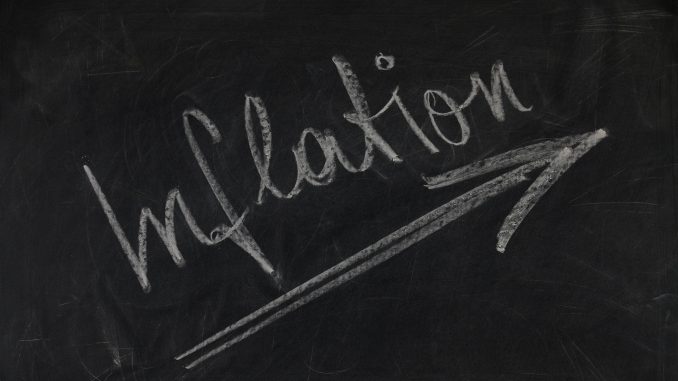
Countries will be affected differently by the Russian-Ukrainian war, depending in part on their degree of dependence and their post-pandemic resilience. But no country will be excluded from inflation, which translates into sharp increases in commodity prices and disruptions in supply chains.
While the rate is already severely high in many countries, inflation in Morocco will rise to 3.1% this year, falling to 2.1% in 2023, reveals a study recently published by the Crédit Agricole France group, which forecasts average inflation of 6.7% worldwide and 9% in Africa and the Middle East in 2022.
Inflation is mainly caused by the lingering effects of the health crisis on value chains, coupled with the Ukrainian crisis. These disruptions have caused fuel, fertilizer and grain prices to soar, with a direct impact on Morocco’s trade deficit. According to Bank Al-Maghrib (BAM),
the latter could reach the equivalent of 5.5% of the country’s gross domestic product (GDP) in 2022, compared with 2.6% of GDP in 2021. But this could improve in 2023.
Inflation is expected to fall to 2.1% as Morocco’s economic growth accelerates with the full implementation of wide-ranging reforms. Indeed,
according to the central bank’s wali, the expected return of inflation to moderate levels in 2023 was one of the main factors that helped keep the policy rate at 1.50%.
Of course, it has become more difficult for companies and even individuals to plan savings or investments given the volatility of financial markets and the rapid depreciation of currencies. But the Moroccan Central Bank’s maintenance of the key rate shows that controlling the money supply and regulating economic activity in their country is under control in Morocco, compared to many countries that are increasingly feeling the impact of inflation on their financial markets.
According to the French group’s study, Morocco will be among the least inflationary countries in 2022 and 2023, compared to an average of 6.2% and 3.4% expected for industrialized countries and 7.2% and 4.4% for emerging economies during the same period.
While the situation appears less volatile in Morocco than in other emerging economies, import costs could rise by 15 percent in 2022 due to higher fuel prices, but could slow in 2023 with an expected stabilization of energy prices. That said, beyond strengthening monetary policies, energy security can in turn reduce the inflationary effect in a sustainable and efficient manner.

Be the first to comment